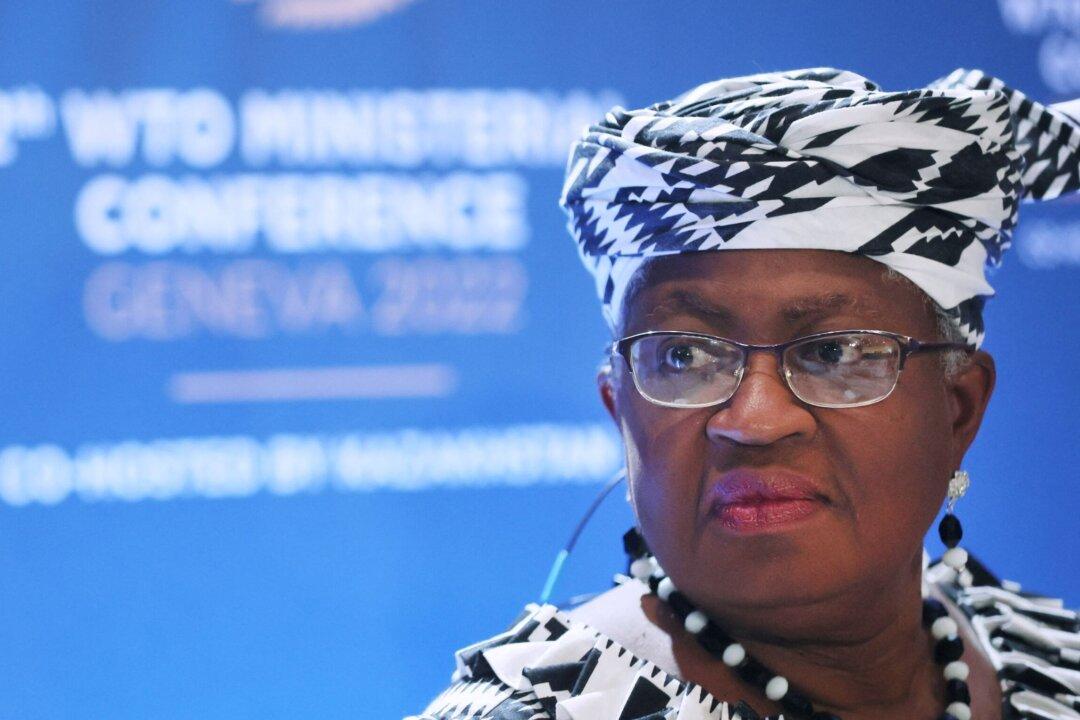The European Union (EU) has sent its first formal response against the U.S. Inflation Reduction Act (IRA) due to the billions of dollars worth of tax credits and subsidies set aside for local manufacturers.
The IRA provides $369 billion in funds to climate and green energy policies, including tax credits to electric cars made in North America as well as support the development of domestic battery supply chains. It also offers tax credits for producing electricity from renewable sources, generating hydrogen, ensuring sustainable aviation, and boosting advanced manufacturing production.





